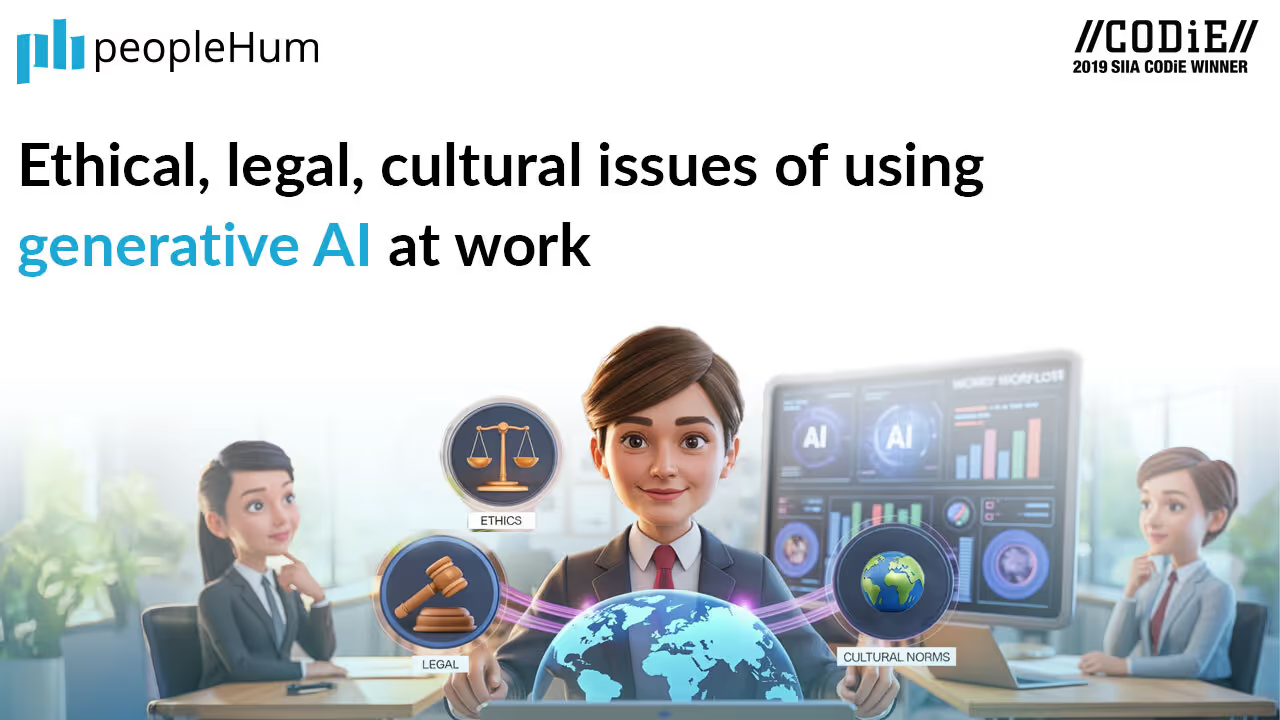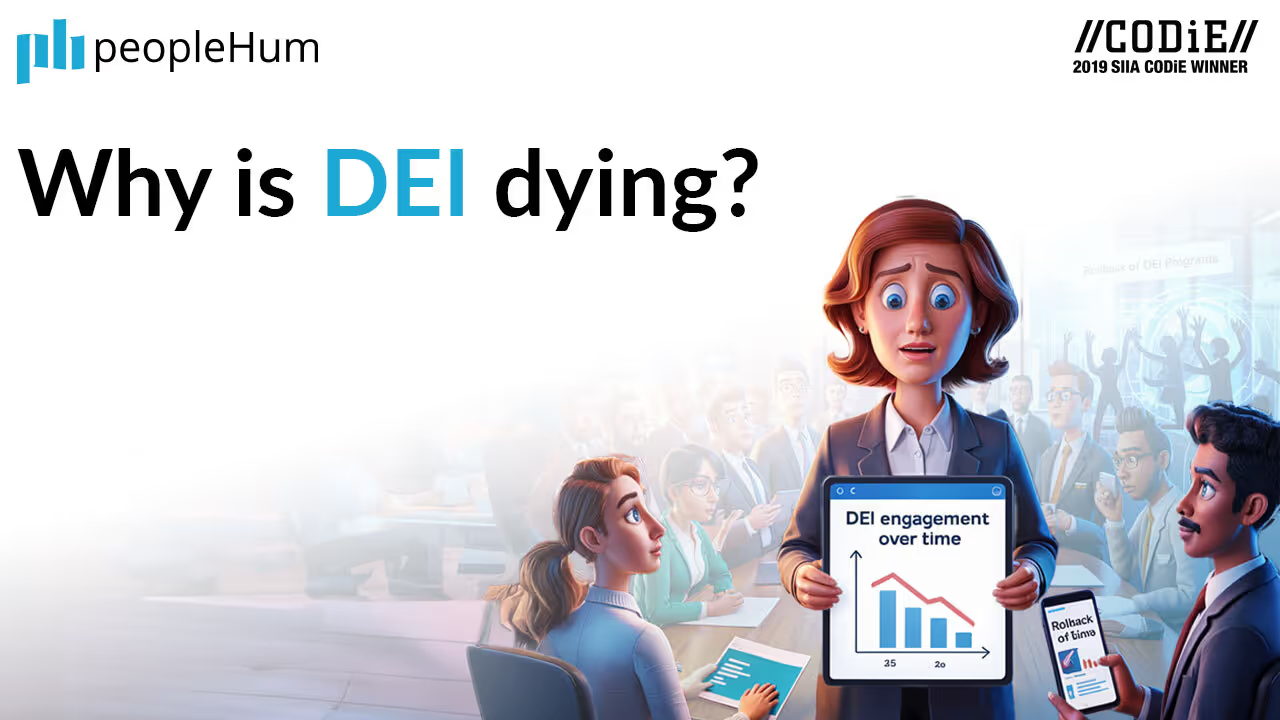How do we know how others would like to be treated if we only look at things from our perspective? Understanding personality and generational preferences is so important because we learn about opposing or differing perspectives. To improve some of the key challenges in the workplace requires this understanding. These challenges include poor soft skills, low emotional intelligence, lack of engagement, and a negative culture. Many articles address how these problem stem from Boomer and Millennial conflict.
If you believe the news, my generation of Boomers are frustrated because we can’t retire, we know nothing about technology, and we think all Millennials are entitled and lazy. That is what sells, but the reality is there are lots of Boomers like me who do not want to retire, embrace technology and believe Millennials and Gen Z present an optimistic future. It might be boring to write about how well we all get along. Of course, there is generational conflict. But not all conflict is based on generational issues. I’m not saying that every generation gets every other generations’ motives, but wouldn’t it be boring if all people and generations were the same? It is our differences in generational influences and personality types that make teams create the more interesting outcomes.
The reality is that our generation influences our behaviors to some extent. We all have our frames of reference based on what happened and what is popular at the time in which we were raised. We are a combination of our experiences, and because of that, some of us have had more experiences than others. Some of us have had experiences we would like to have avoided. However, I believe that all experiences shape us and offer opportunities. It is important to look at some of the things that shape us other than our generation, and how we can learn to embrace experiences or preferences that have shaped us.
I do research that sometimes puts people into categories, based on personality assessments results. The point is not to stereotype people or put them into neat little boxes. What assessments help with is to understand preferences for all kinds of things. With what things do we relate well? What energizes us? How do we prefer to receive content or process information? Almost as important as understanding the answers to these questions is to understand the answers that others have for these questions. The problem is, we tend to think regarding the old golden rule of treating others as we would like to be treated. However, many argue that rule should be changed to the platinum rule of treating others as they would like to be treated.
How do we know how others would like to be treated if we only look at things from our perspective? That is why understanding personality and generational preferences are so important because we learn about opposing or differing perspectives. To improve some of the key challenges in the workplace requires this understanding. These challenges include poor soft skills, low emotional intelligence, lack of engagement, and a negative culture. The first step to making positive changes in these areas includes understanding each other better. To do that, we must ask questions, be open to listening to the answers, and make appropriate changes based on creating that open dialogue.
About the author
Dr. Diane Hamilton is a speaker, educator, and the co-author of It’s Not You, It’s Your Personality, and award-winning speaker at DrDianeHamilton.com. She is a former Editor in Chief at an online education site and has written for several sites including Investopedia. Dr. Hamilton has spoken for top companies including Forbes about topics including leadership, engagement, emotional intelligence, and generational conflict. If you would like to learn more about these issues, you can sign up here: Contact.





































.avif)












